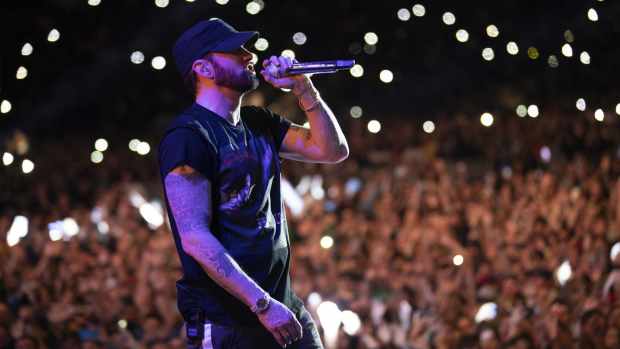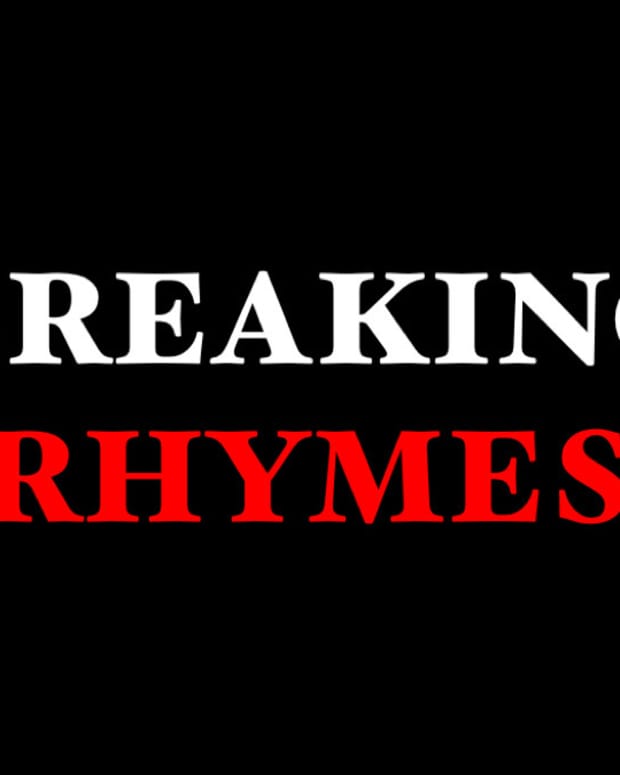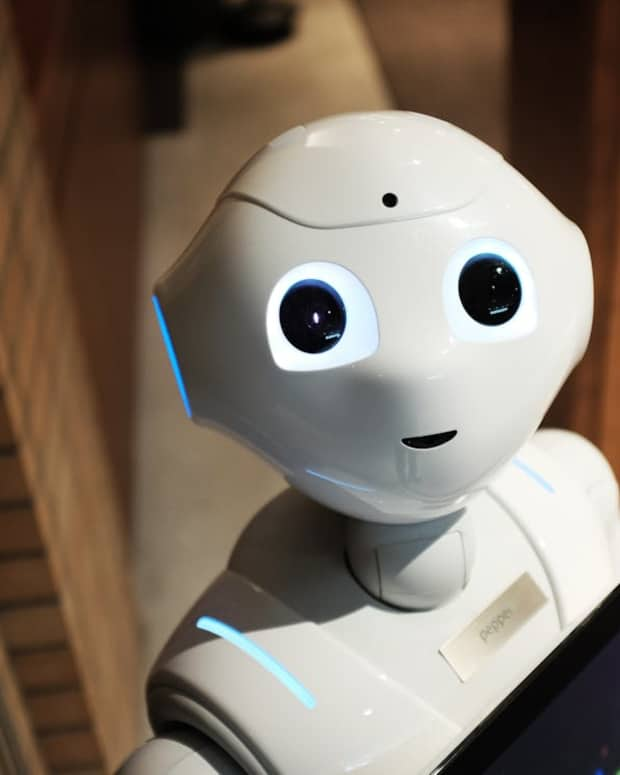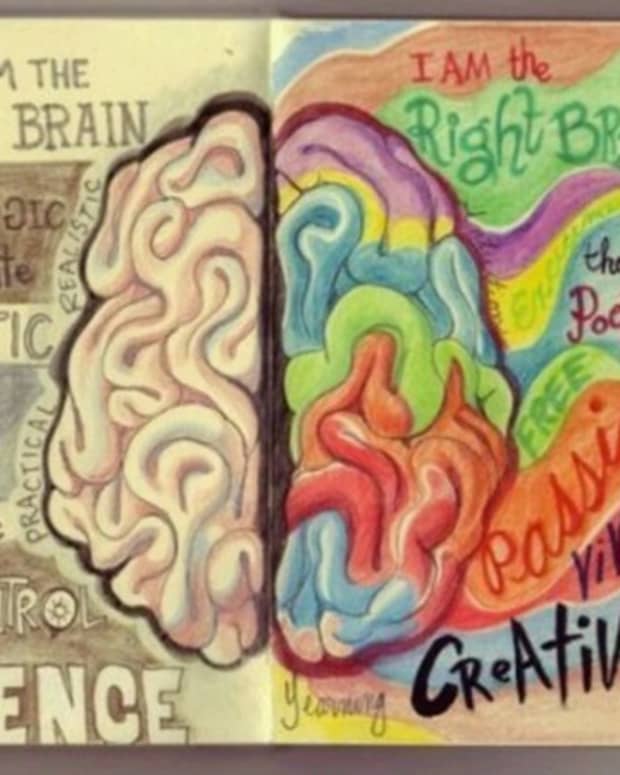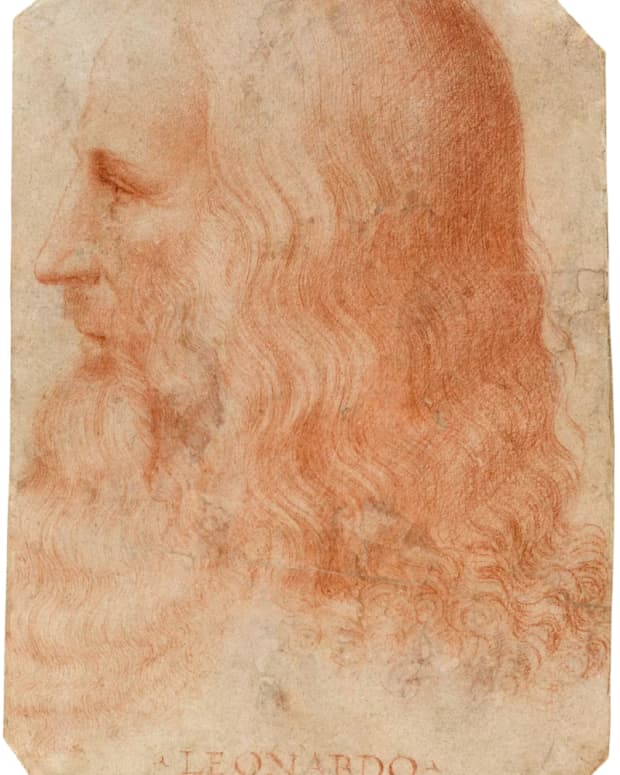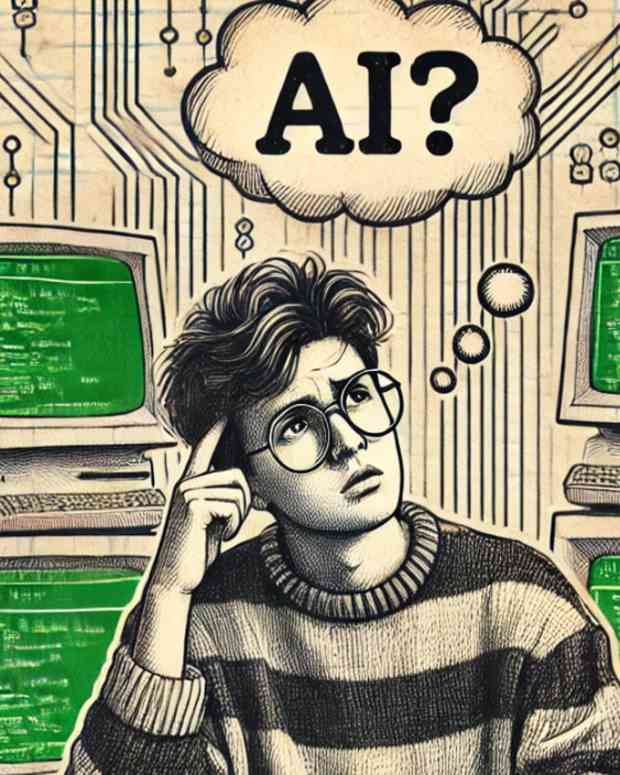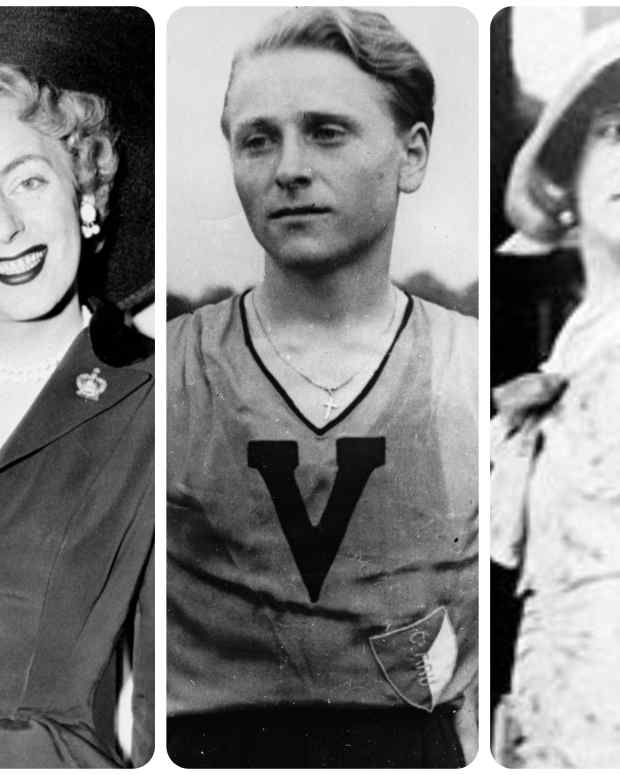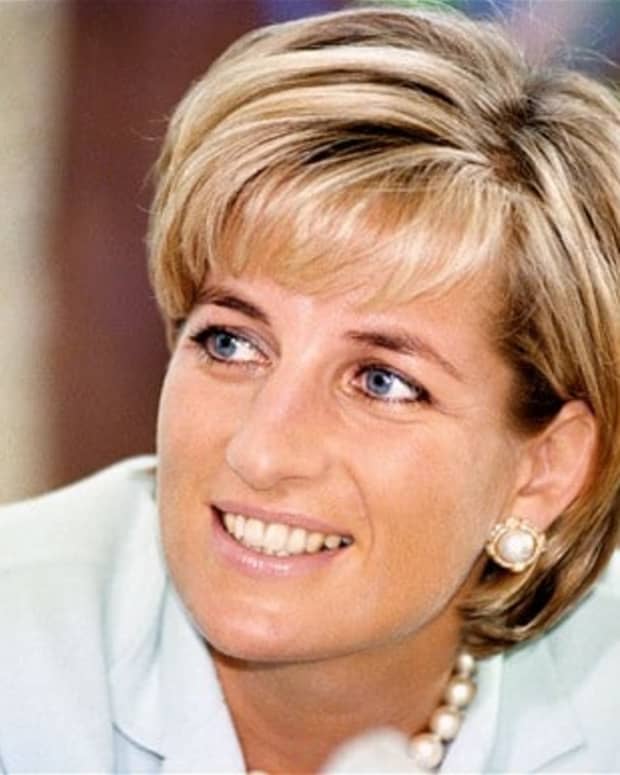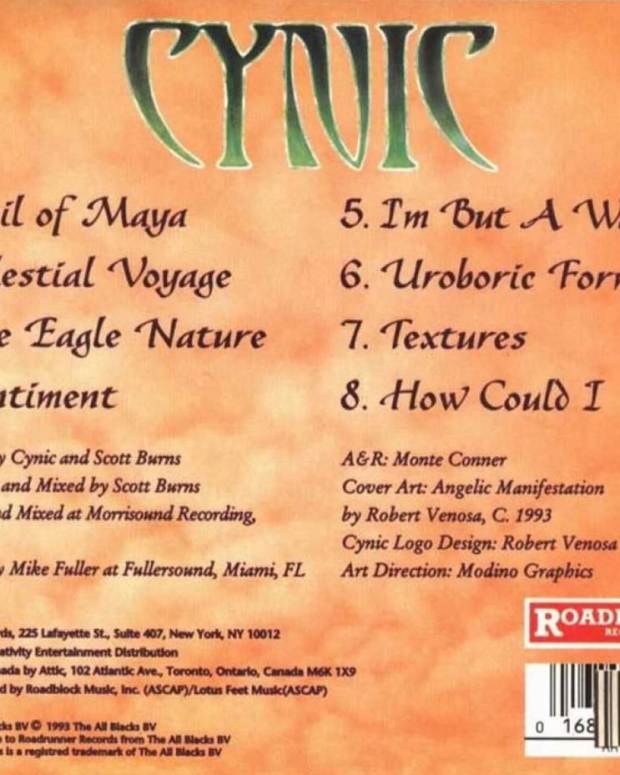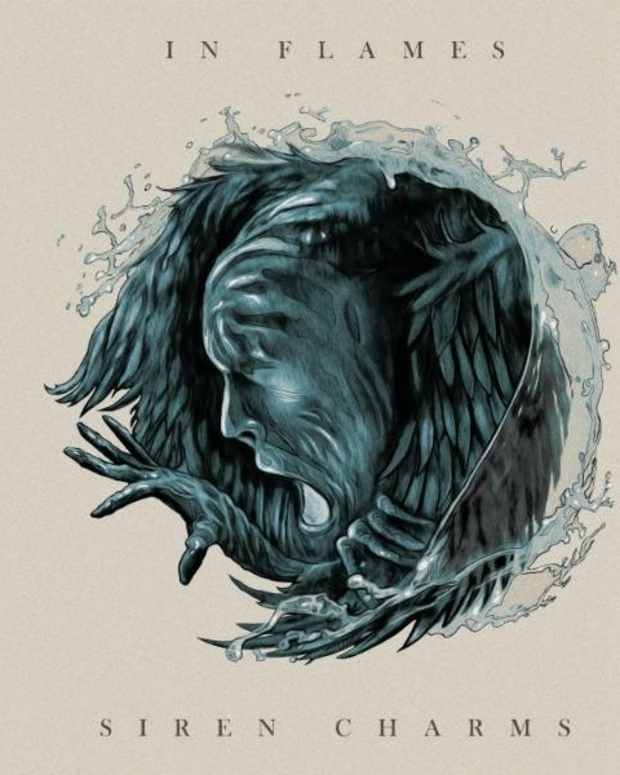Human Errors and God’s Mistakes: "A.I. Artificial Intelligence" Review
A.I. Artificial Intelligence Review
Stanley Kubrick never conceived of using a human actor for A.I. Artificial Intelligence. For years, he postponed the adventures of the android David, hoping that one day, technology would evolve to become ideal for his futuristic Pinocchio.
For the stubborn genius, the only way to film this story was with a protagonist who was an actual human technological creation.
When Kubrick saw Spielberg’s Jurassic Park in 1993, he was convinced. The technology had finally reached the level of his expectations. Unfortunately, after much hesitation, complications, and side projects, Kubrick died without being able to direct this project and see his vision come to life.
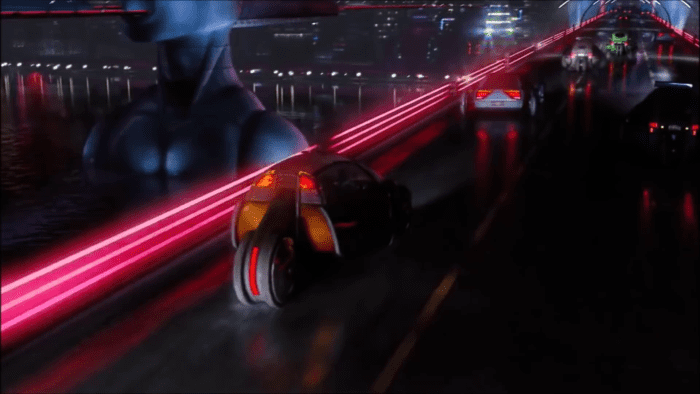
Spielberg, from the very first scene, raises an interesting debate about the emotional responsibility of the creator over an artificial intelligence able to develop feelings.
Spielberg, who had been a producer of the project since 1985 and the man responsible for managing to revive Kubrick’s interest in their artificial David, now became the director of A.I.
And paradoxically, the first thing Spielberg did was to take the opposite route.
Instead of creating an android powered with CGI for the role of David, he chose the talented child actor Haley Joel Osment. This casting decision was definitive in relegating the motif of the story to the background and turning the film into “just” a weird summer movie.

"A.I." shows us a world where artificial intelligence has evolved to the point that David ends up being, paradoxically, the only vestige of humanity left
Spielberg, from the very first scene, raises an interesting debate about the emotional responsibility of the creator over an artificial intelligence able to develop feelings. However, to achieve this, Spielberg is unfair to artificial and human intelligence, conveniently deploying technophobia to make his case.
It’s a clumsy, desperate way to get a flesh-and-bone actor to generate an uncanny valley reaction, that human rejection for an android that uncomfortably resembles a human appearance.
Osment’s performance is designed inconstant in order to deceive the viewer. When he wants to show love, David is a creepy, mechanical, and disturbing little stalker. Spielberg creates clever frames designed to deform David’s face with reflections and mirrors. But when David understands that his mother will abandon him, Osment immediately drops his mechanical creepy performance and becomes a real, adorable child victim. His performance is incredibly human when he manipulates, begs for mercy, or is terrified.
From there, Spielberg’s script is more interested in moving the history forward at any cost than to generate an authentic conversation. Thus, there are absurd concepts such as Dr. Know, that implausible franchise (with more than 40,000 points nationally!) where an animated Einstein-wannabe-with-a-Robin Williams-voice sells frantic and brief Google answers.
And, of course, there is the eternal conclusion.

Spielberg’s script is more interested in moving the history forward at any cost than to generate an authentic conversation.
A.I. could have ended when David decides to drop to the sea, devastated by the futility of his journey. Or it could have ended 10 minutes later when David, underwater, asks a blue fairy statue to help him become a real boy. Either would have provided a powerful ending.
But no, what follows is an obsessive search for a happy ending, even if it means three consecutive finales and a 30-minute coda in the form of a 2000-year flash-forward. It’s an unnecessarily complicated way to show an interesting idea: a world where artificial intelligence has evolved to the point that David ends up being, paradoxically, the only vestige of humanity left.
Don’t get me wrong. Fifteen years later, A.I. Artificial Intelligence remains a unique and beautiful film. The John Williams score and Spielberg’s shots are reason enough to revisit it.
But as for the main message of A.I., the most interesting debate was already settled in pre-production.
And on this, I have to agree with Kubrick.
It’s no coincidence that Teddy the Bear is the film’s best character.
You'll find more movies about artificial intelligence on our list here.
Movie Details
Title: A.I. Artificial Intelligence
Release Year: 2001
Director(s): Steven Spielberg
Actors: Haley Joel Osment, Jude Law, Frances O'Connor, William Hurt, and others
© 2019 Sam Shepards




